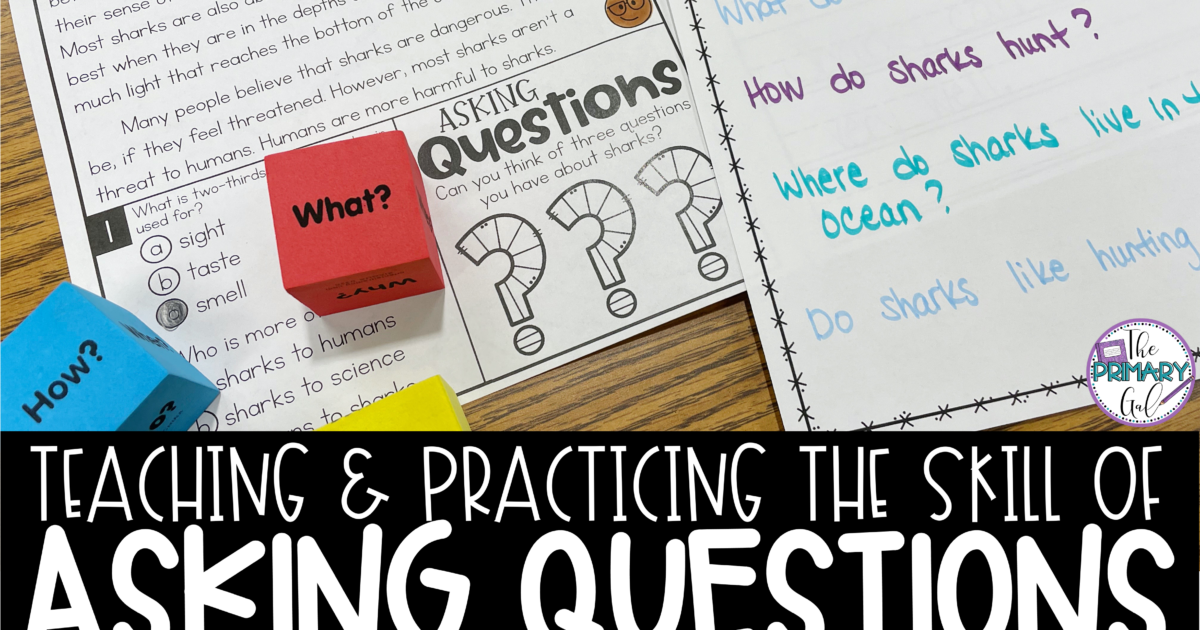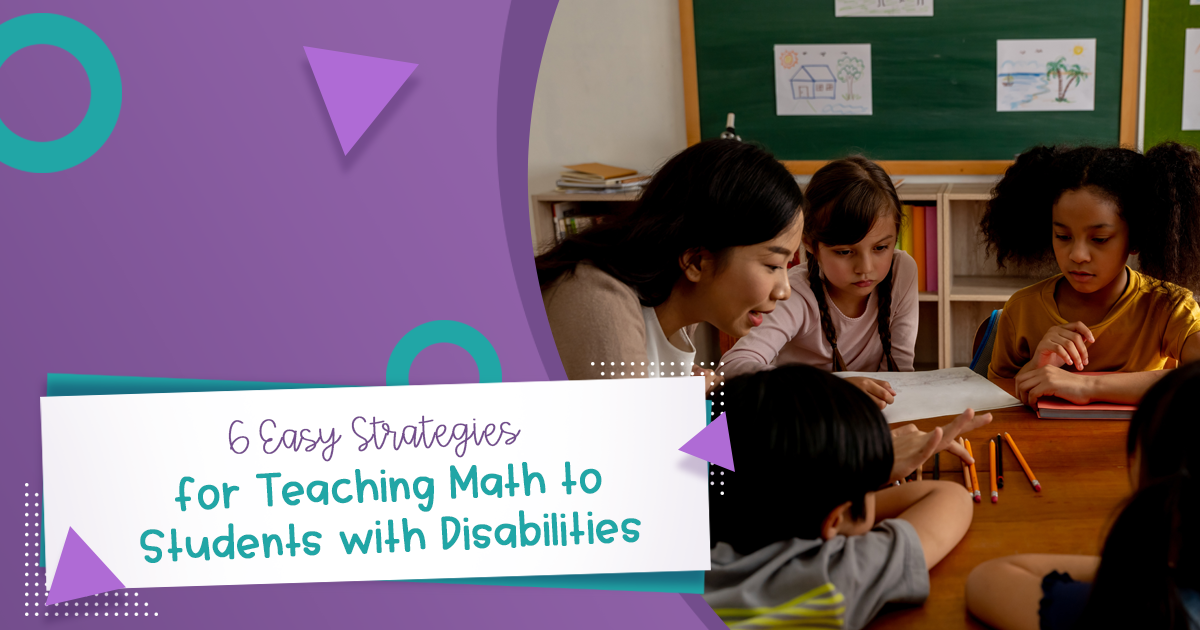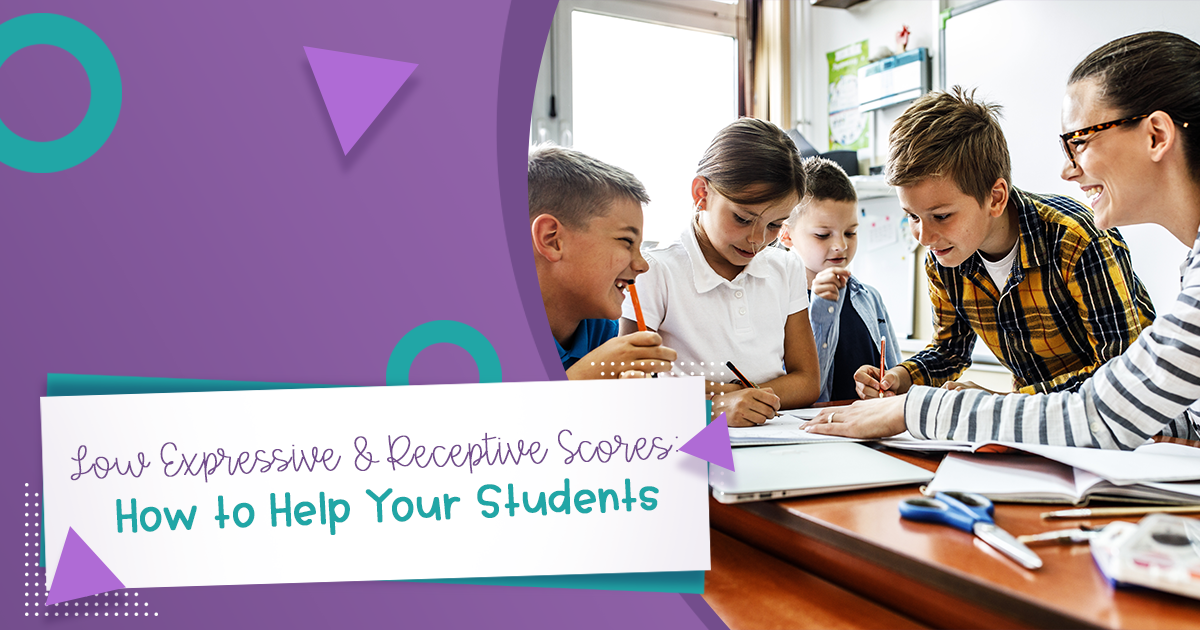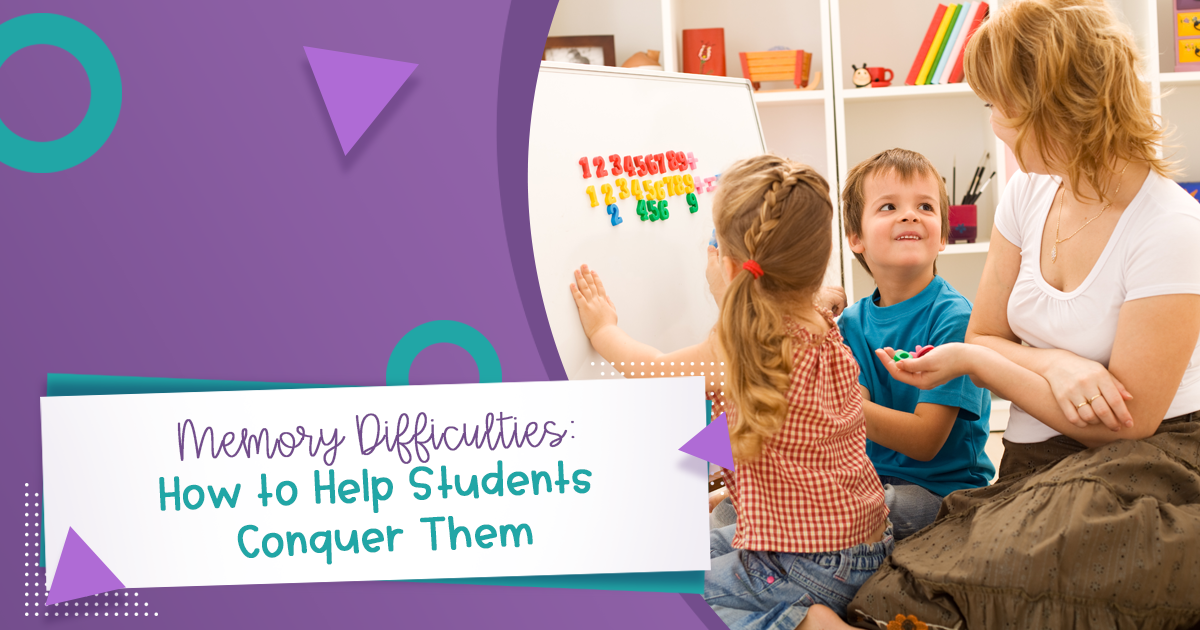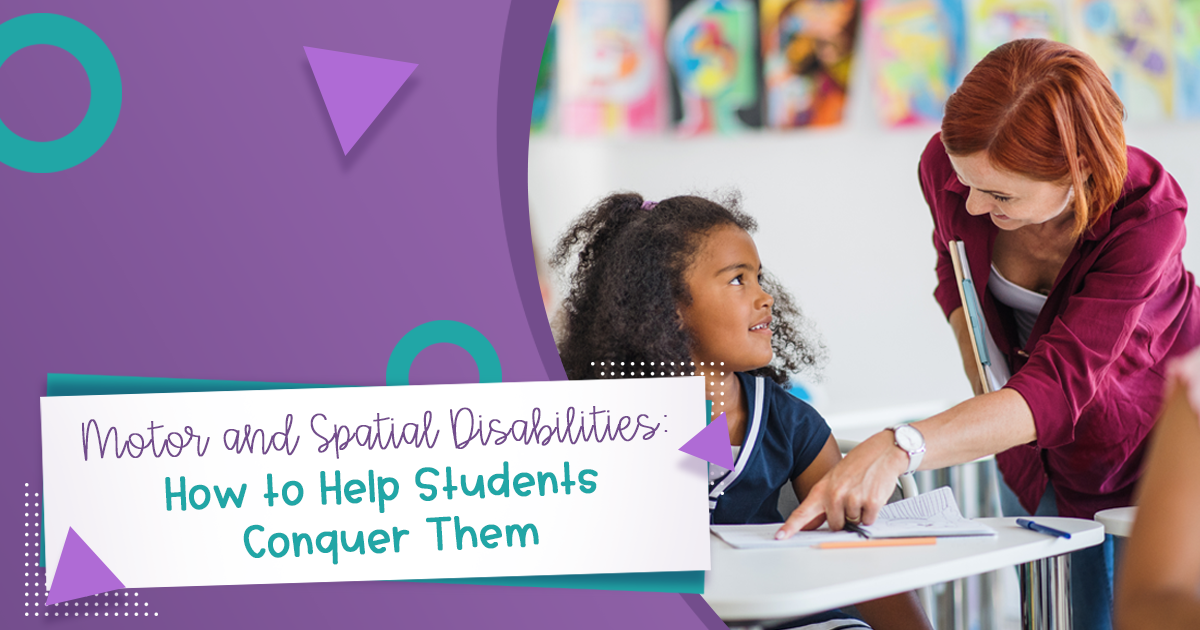3 Mistakes Special Education Teachers Make with Reading Intervention
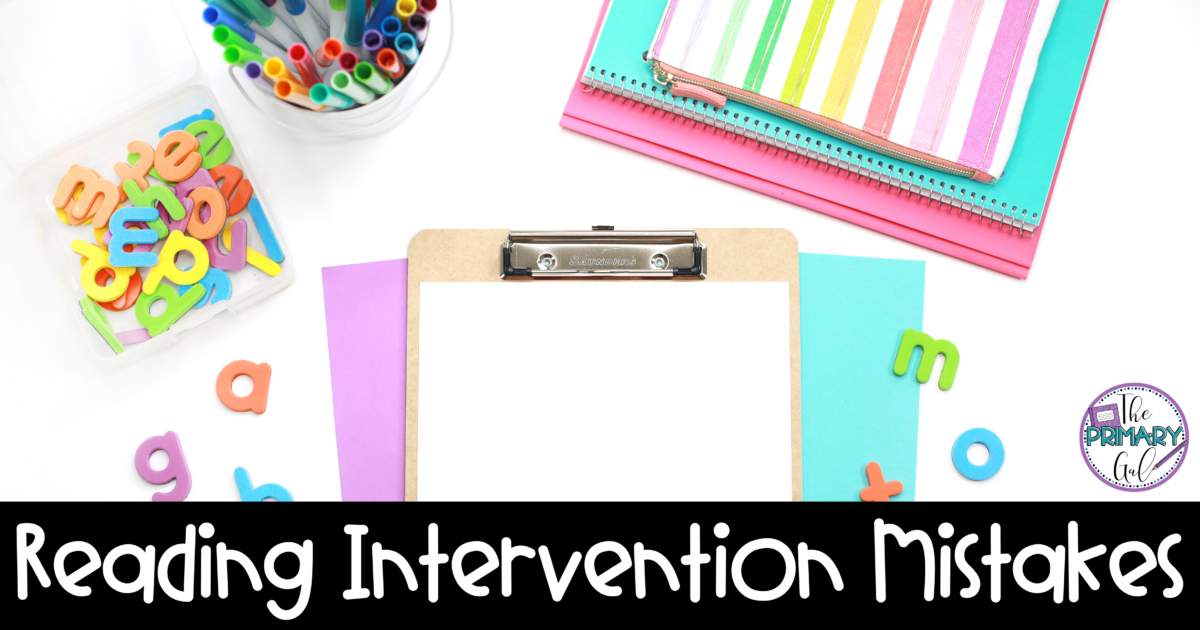
#1 The Intervention Isn’t the Right Fit The Problem: For so many of our resource rooms, we have too many kids and not enough time. If this sounds familiar, you are NOT alone. I hear from so many resource room teachers who are pulling a hot mess of kids together that should NEVER be working […]

